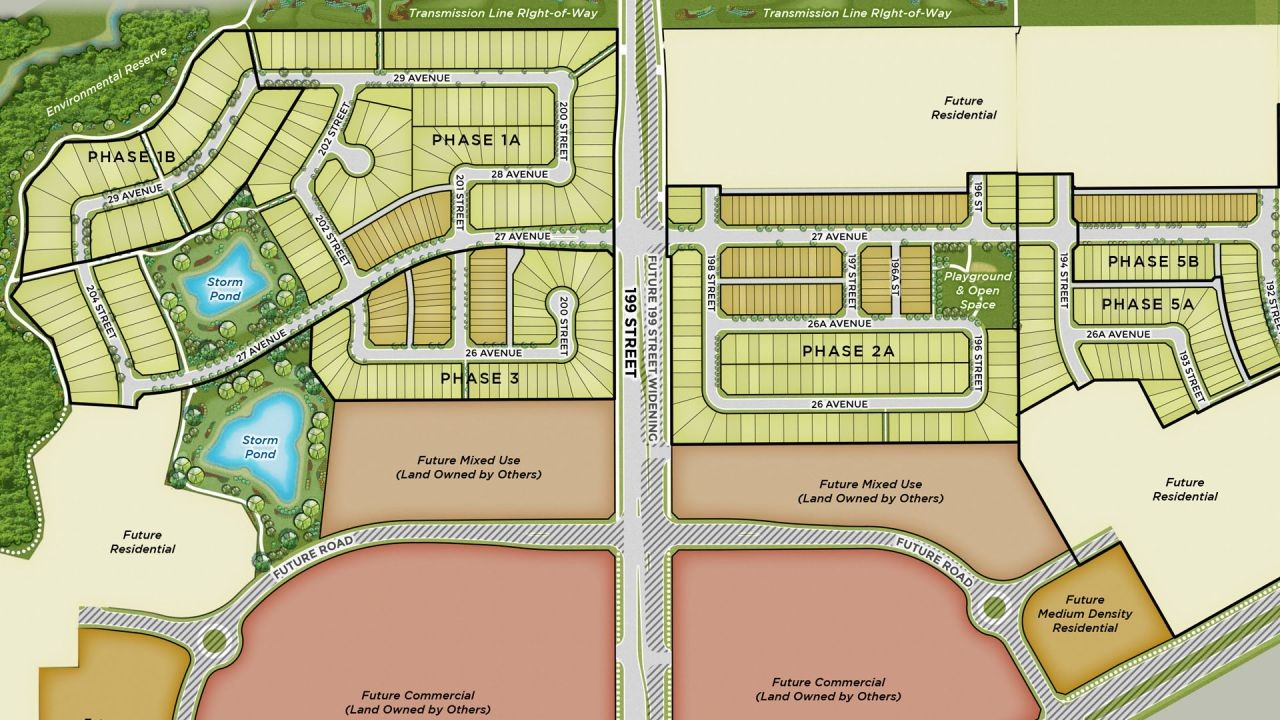In recent years, the New Zealand housing market has been a hot topic of discussion among economists, investors, and policymakers. The traditional notion of homeownership as a cornerstone of financial security is being challenged by volatile market dynamics, affordability issues, and evolving economic policies. With these factors in play, is owning a home still a viable investment in today’s New Zealand economy?
Historical Evolution of Homeownership in New Zealand
Homeownership has long been considered a pillar of economic stability and personal wealth in New Zealand. Historically, the Kiwi dream of owning a quarter-acre section with a house has been a cultural mainstay. However, over the past few decades, the landscape has shifted dramatically. The 1980s deregulation of the financial sector, coupled with the influx of foreign investment, led to significant changes in the housing market. Rising property prices in urban areas like Auckland and Wellington have outstripped wage growth, making it increasingly difficult for first-time buyers to enter the market.
Data from the Reserve Bank of New Zealand indicates that from 2000 to 2023, average house prices increased by over 300%, while median household incomes grew by only 80%. This disparity has fueled debates on the sustainability of homeownership as a financial strategy.
Current Market Dynamics
As of 2023, the New Zealand housing market is characterized by high demand, limited supply, and regulatory challenges. The government has introduced several initiatives, such as the Healthy Homes Standards and changes to the Residential Tenancies Act, aimed at improving rental conditions and curbing speculative investments, yet these have had mixed results.
According to Stats NZ, the national homeownership rate has declined from 73.8% in 1991 to 64.5% in 2021. This trend highlights a shift in housing preferences, with more Kiwis opting for renting due to affordability constraints and lifestyle choices.
Data-Driven Analysis of Homeownership Viability
Is owning a home in New Zealand still a good investment? To answer this, we need to examine the economic indicators, market trends, and policy impacts.
Economic Indicators
- Property Values: The CoreLogic House Price Index reports a 10.5% annual increase in property values as of mid-2023, driven by low mortgage rates and high demand.
- Interest Rates: The Reserve Bank has recently increased the Official Cash Rate to 2.5% to curb inflation, impacting mortgage affordability.
- inflation: inflation remains a concern, with consumer prices rising by 6.3% annually, affecting the cost of living and disposable income.
These factors contribute to a complex economic environment where the benefits of homeownership must be weighed against financial constraints and market volatility.
Case Study: The Rise of Co-Housing in Auckland
To address the challenges of high property prices, some New Zealanders are turning to alternative housing models, such as co-housing. A notable example is the Earthsong Eco-Neighbourhood in West Auckland. This community-focused development incorporates sustainable living principles and shared spaces to reduce costs and environmental impact.
Problem:
Traditional homeownership was unattainable for many prospective buyers due to high entry costs and limited availability of housing in Auckland.
Action:
The Earthsong community adopted a co-housing model, pooling resources to purchase land and develop eco-friendly homes. By sharing facilities and responsibilities, they reduced individual financial burdens and fostered a sense of community.
Result:
- The collective ownership model led to a 25% reduction in individual housing costs.
- Residents reported higher satisfaction with their living conditions and community interactions.
- The project received accolades for its innovative approach to sustainable housing.
Takeaway:
Co-housing presents a viable alternative for those seeking affordability and community engagement in the face of traditional housing market challenges. It highlights the potential for innovative solutions to address the housing affordability crisis in New Zealand.
Pros and Cons of Homeownership in Today’s Economy
Pros:
- Asset Appreciation: Historically, property values in New Zealand have appreciated over time, offering potential capital gains.
- Financial Security: Homeownership can provide long-term financial stability and a hedge against inflation.
- Personalization: Ownership allows for personal modifications and improvements to the property, enhancing living conditions.
Cons:
- Affordability Challenges: High property prices and interest rates can make homeownership financially burdensome.
- Market Volatility: Economic fluctuations can impact property values and mortgage affordability.
- Opportunity Cost: Tying up capital in property may limit investment opportunities in other asset classes.
Contrasting Viewpoints: Renting vs. Buying
The debate between renting and buying is particularly relevant in the current economic climate. Advocates for renting highlight the flexibility, lower upfront costs, and avoidance of market risk. Critics argue that renting lacks the long-term financial benefits of equity building and asset appreciation.
Middle Ground: One emerging trend is rent-to-buy schemes, which offer tenants the option to purchase their rented property after a set period. This approach combines the flexibility of renting with the potential for future ownership.
Future Trends in New Zealand’s Housing Market
Looking ahead, several trends are likely to shape the New Zealand housing market:
- Urban Intensification: Government policies promoting higher-density housing in urban areas to address supply shortages.
- Sustainability Focus: Increasing demand for eco-friendly homes driven by environmental awareness and regulatory requirements.
- Technological Integration: Smart home technologies and digital platforms transforming the home-buying process.
According to a report by MBIE, by 2030, it is projected that digital innovations will streamline property transactions, reducing costs and improving the buyer experience.
Common Myths & Mistakes in Homeownership
Myth:
"Buying a home is always a better investment than renting."
Reality:
In some cases, renting can be more cost-effective, especially in high-priced markets where property values may not appreciate as quickly as expected. A study by the New Zealand Productivity Commission found that over a 10-year period, renters in certain regions saved more by investing the difference in stocks or bonds.
Mistake:
Failing to account for all costs associated with homeownership, such as maintenance, insurance, and property taxes. Prospective buyers should carefully budget for these expenses to avoid financial strain.
Conclusion: Is Homeownership Right for You?
The decision to buy a home in New Zealand today requires careful consideration of market conditions, personal financial circumstances, and long-term goals. While homeownership offers potential benefits such as asset appreciation and financial security, it also comes with challenges like affordability and market volatility.
Ultimately, the best choice depends on individual preferences and financial situations. For some, innovative housing models like co-housing or rent-to-buy schemes may offer a balanced solution.
As the New Zealand housing market continues to evolve, staying informed about trends and policy changes will be crucial for making sound investment decisions. Whether you choose to buy, rent, or explore alternative housing arrangements, understanding the dynamics of the market will empower you to make the best choice for your future.
People Also Ask
- What are the biggest misconceptions about homeownership in New Zealand? One common myth is that buying is always better than renting. However, research from the New Zealand Productivity Commission shows that in some regions, renting and investing the savings can yield better returns.
- How does the housing market impact the New Zealand economy? The housing sector significantly influences the New Zealand economy by affecting consumer spending, construction activity, and investment flows, as noted by the Reserve Bank of New Zealand.
- What are the emerging trends in New Zealand's housing market? Urban intensification, sustainability, and technological integration are key trends shaping the future of New Zealand's housing market, according to MBIE.
Related Search Queries
- New Zealand housing market 2023
- Pros and cons of buying a home in NZ
- Renting vs. buying in New Zealand
- Sustainable housing in New Zealand
- Impact of interest rates on NZ housing
- Co-housing communities in New Zealand
- Future of real estate in New Zealand
- Government housing policies NZ 2023
- Investment strategies for NZ property































